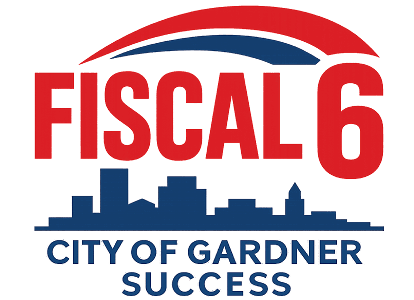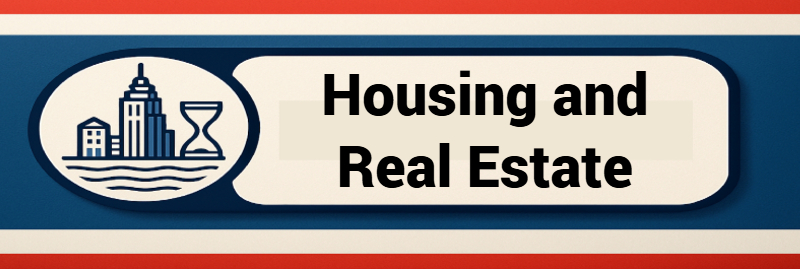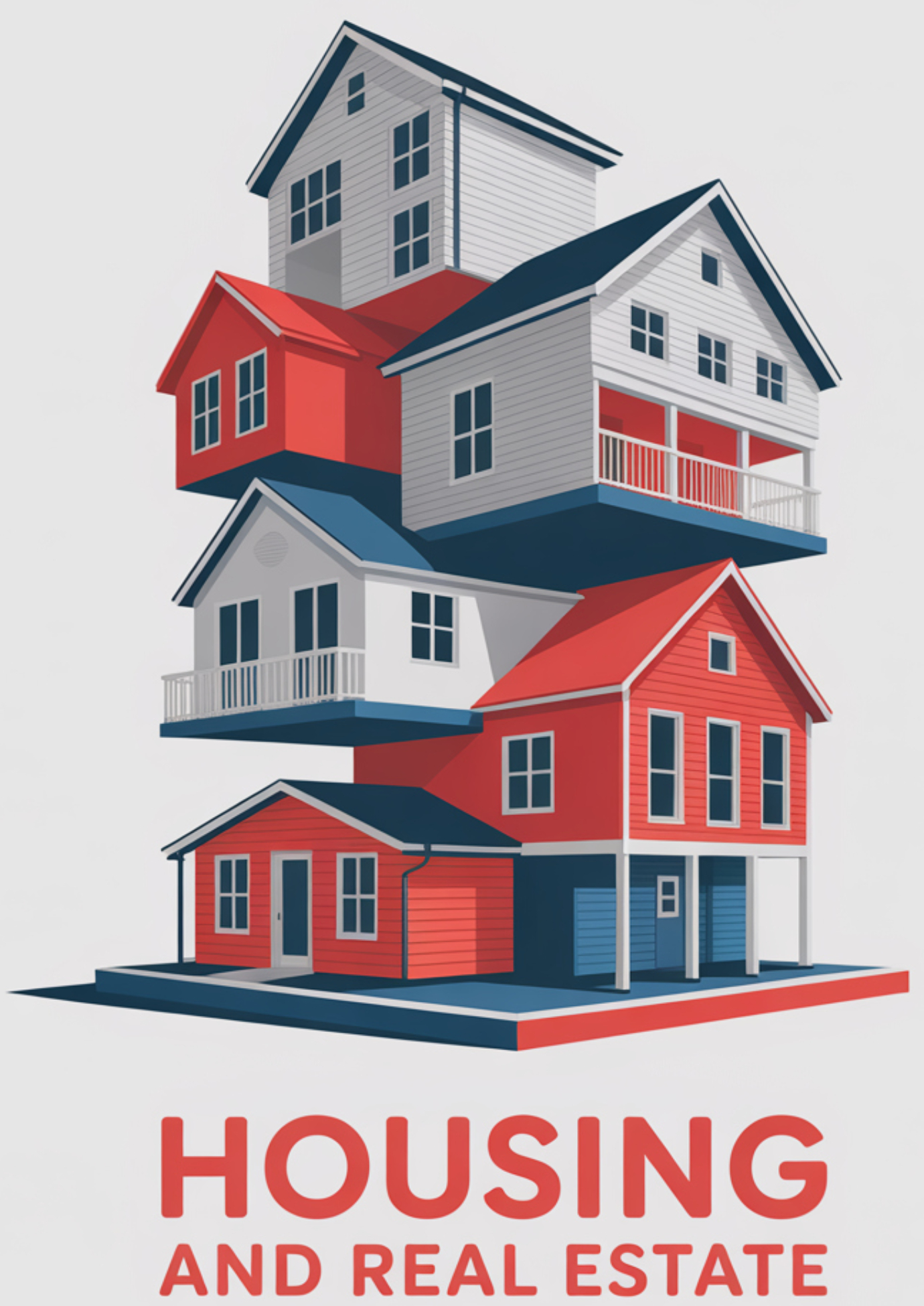The City of Gardner has placed a priority on housing. From private investment in the Downtown and the rest of the City, the number of housing units is growing. The Rear Main Street project will bring more housing units. Various other multi-unit projects are in the pipeline. Gardner Magazine spoke with Gardner Mayor Michael Nicholson about Housing on July 17, 2025
Question: Today we’re speaking with Gardner Mayor Nicholson about housing. Housing is a problem everywhere and when property values go up rents go up because landlords have to invest more to buy properties. Mayor Nicholson could you give us the complete detail from 2020 as to what has happened throughout the entire city of Gardner with respect to housing?
Answer: Well if we said every complete detail possible Werner I think we’d be here until Christmas. But there’s a lot that’s happened in Gardner in terms of housing. Gardner is no stranger to the housing crisis that’s facing Massachusetts and the country as a whole. We know Massachusetts did a study right now and that there’s several hundreds of thousands of units short to meet the demand that we’re seeing now and not even to say the demand that we’re seeing in the future as well. So I use the example of when I bought my house in 2022. When I bought my house I had been looking for a house for over two years and eventually I had an offer accepted. That was offer number 38. Most of my offers were over asking and what happened was that offer was accepted around Christmas Eve and then the individuals who were selling me their house were you know needed my offer to be able to go get their mortgage pre-approved and then they couldn’t find a place to move into themselves. So the week of the 4th of July after several delays and extensions and everything like that we had to you know just go back to the drawing board because they weren’t able to move out of the house that they were hoping to sell me and I was back looking for another house. So finally offer 39 was accepted and that’s the house that I’ve had the privilege of living in for the last two years. But that’s no stranger to other people here in the city is finding a house on the market for a reasonable price is just something that a lot has because of the demand that Gardner is seeing home prices are just going up. So there’s some work that just we need to do. We need to work on housing production because it’s a simple supply and demand issue where demand is increased. We’re seeing people from the greater metropolitan Boston area and the Worcester area start looking at Gardner because you can buy a house on an acre of land in Gardner for what you can buy a brick for in the city of Boston. So we have people who are looking for that especially now with more people having at least hybrid or remote work opportunities you don’t have to live in the seaport to work in the seaport in Boston. So we’re seeing a large shift in who’s moving out here. But we also have to do what we can to keep people who have grown up and invested their entire lives here here. So one of the things we’re doing is working with some of the properties in the downtown that are being converted into housing units. You look at the Central Park building in the upper floors a lot of the former office spaces are now apartment units. Same thing with the Flatiron building at 25 Main Street, the Garbose building at 2 to 10 Parker Street, some of the upper floors in the Empire building, the Gardner News building, the Prospect Street School building, now the city’s got Helen Mae Sauter out for sale right now for development. So there’s a lot that we’re doing right now to try to increase housing production in the city. It’s also one of the reasons why we are currently working on our city’s first ever master plan so that’ll guide us for the next 20 and 30 years in projects and one of the chapters in that is a housing production plan that basically says what are Gardner’s need for demand now in 10 years and in 20 years for where should we be seeing where our housing production should be going and where can that housing be built so that we can start to plan those developments ahead of time.
Question: So let me hear see if I can hear you correctly. Gardner’s been around since 1785 and it has never had a master plan?
Answer: Correct.
Question: All right so what is different about your term of office here that has led to this master plan development?
Answer: We’ve had small they call them chapters of the master plan in the past but when you do you know something here or there without doing everything as a whole you really are doing things piecemeal and not looking at that full picture and you’re siloing yourself so we’ve had our urban renewal plans and we’ve had our open space and recreation plan but that’s really all we had. So by taking this comprehensive review of a full master plan and taking that into the full breadth of the city it really sets the stage and guides us and gives us that road map to follow for the next 20 years. That document itself when it’s done will set basically our syllabus if you will for where all the projects the city is going to be undertaken for the next 20 years with a review period every five years. That’s everything from our economic development plan, a housing production plan, a hazard mitigation plan, an environmental sustainability plan and everything in between with that so it really does take a look at every single a conservation plan every single aspect that the city touches and says this is what we should be doing.
Question: But trying to get to the heart of the matter you were in this office as an executive aide for a while, you became mayor in 2020 has some of this been fueled by what you hear from the public that gosh we need more housing we need a more affordable housing has this sort of ignited a fire under you say Gardner’s finally got to do something about this.
Answer: Well yeah of course I mean your job every day in city hall is to work for the people who put you in the seats that you’re in on their behalf and I’ve constantly used the phrase you know people are policy and that’s what we’re seeing here we want people to stay here we want people to call Gardner their home we want the people who are invested their entire lives here to stay here and welcome new people here as well too. So yeah it’s just about time the work just got done.
Question: So if you’re dedicating a lot of your thoughts to getting more affordable housing and housing to Gardner what efforts need to be done and what would you request to be done by others so this can actually happen?
Answer: I think there’s a lot of things that need to be reviewed in terms of working with our private sector developers and having public-private partnerships so we can talk about the need and how that need can be met here in Gardner looking at things like our zoning code looking at things like the processes and procedures that we have when developers want to come in and really setting the stage for Gardner being you know we always say we’re open for business when it comes to our economic development goals but we need to be open for business for housing too and that’s really taking a look at all the red tape that we put in place in the past decades ago and seeing you know that may have helped back then but how is it hurting us now and making that step to go forward just like we did with the administrative legislation part of the city code last year where we made all those updates to the way that city hall operates I think that’s the next step that I’m going to be taking.
Question: Now speaking about outside partnerships you’ve had visits to the city from various business people and visits from officials such as the housing secretary the governor the lieutenant governor senator U.S. representative and your collaboration with state representative Jonathan Zlotnik. Can you tell us about some of those visits what they were for and what they’ve produced?
Answer: Yeah absolutely and I think the the key thread in between all of those visits is partnerships and the reason is if we don’t have our government working together stringing the state local and federal you know policies together then again you lose out on that full picture and you’re you’re leaving resources on the table that again are going to go somewhere else if they don’t come to us here in Gardner. You look at when Senator Markey and Congresswoman Trahan came and toured Downtown Gardner last year and the year before it was because there was federal money being invested to help boost housing production in the downtown with the upper floors of those buildings to make them mixed-use buildings to you know free open the market up to those locations there too. You look at earlier this January representative Zlotnik and I had a round table over at GFA Federal credit union with Lieutenant Governor Driscoll and secretary of housing and livable communities Ed Augustus as well as the executive director of the mass housing partnership inviting housing developers from around Massachusetts into Gardner to say these are some properties we know we have available what could we do to get you into the city to be able to help meet the demand that we’re seeing and have that open and frank discussion on this is what needs to change these are our roadblocks this is what financial financially where we struggle out in this area where Gardner is not a gateway city so we don’t qualify for the state’s housing development incentive program grant funding because we don’t have that quote gateway designation. Now a gateway city designation is a city or a town with a population of over 35,000 people which is where we fall short that has a certain percentage below the poverty line and a certain percentage of a population without a bachelor’s degree. Gardner meets all qualifications for that except for the population threshold so we have to come up with our own creative solutions to try to come up with the same results in the end and so by bringing all of those people together we’re showing them that we’re willing to work we’re willing to put in you know the footsteps and the long nights and the the pen to paper and really get things to where they need to be and I think that that helps show people that we’re willing to work with them if they were to come here
too.
Question: All right so let me suggest a scenario to you. Governor Healy gets a phone call it’s the mayor of a city in the state of Massachusetts and the governor is asked I got a problem with housing what do I do and the governor says well you know the guy already, he’s the housing guy he’s the President of the Massachusetts Mayor’s Association Mike Nicholson give him a call.
Answer: I mean that would be great if that happened but we you know we’re constantly talking with you know the Governor Healey’s office, Lieutenant Governor Driscoll’s office, our federal partners, our state partners, Representatives Zlotnik where if you’re not in constant communication about the work that’s doing there too you’re not only leaving resources on the table but there’s also probably something that someone else is doing somewhere that could work very well here in Gardner and why reinvent the wheel if someone’s already made it so that’s why you know sometimes I’ll even talk about some of the projects we’re working on with my fellow mayors across the state and get ideas from them which is why I think being a member of the Mass Mayor’s Association the Mass Municipal Association is so important too because there’s a lot of mistakes we don’t make because someone else already made them and there’s a lot of things that we can do a lot quicker because someone else already set the stage for it. But yeah I’m very proud of the relationships we’ve built with all of our partners at the state, federal, and local level.



